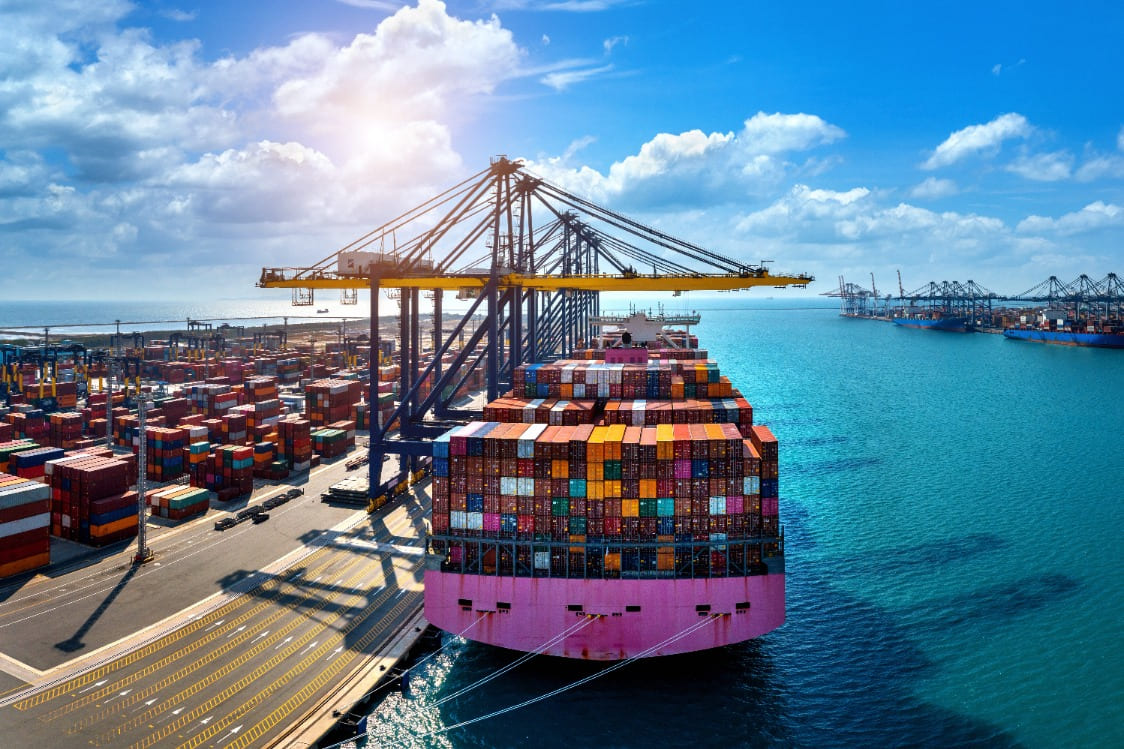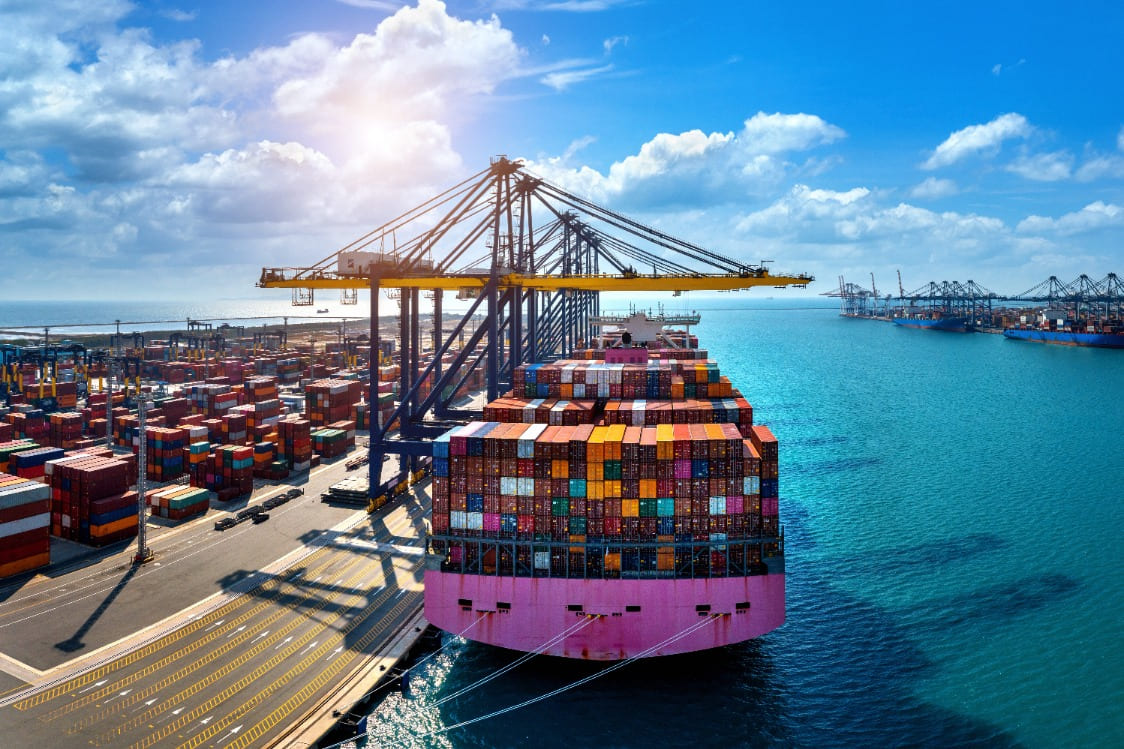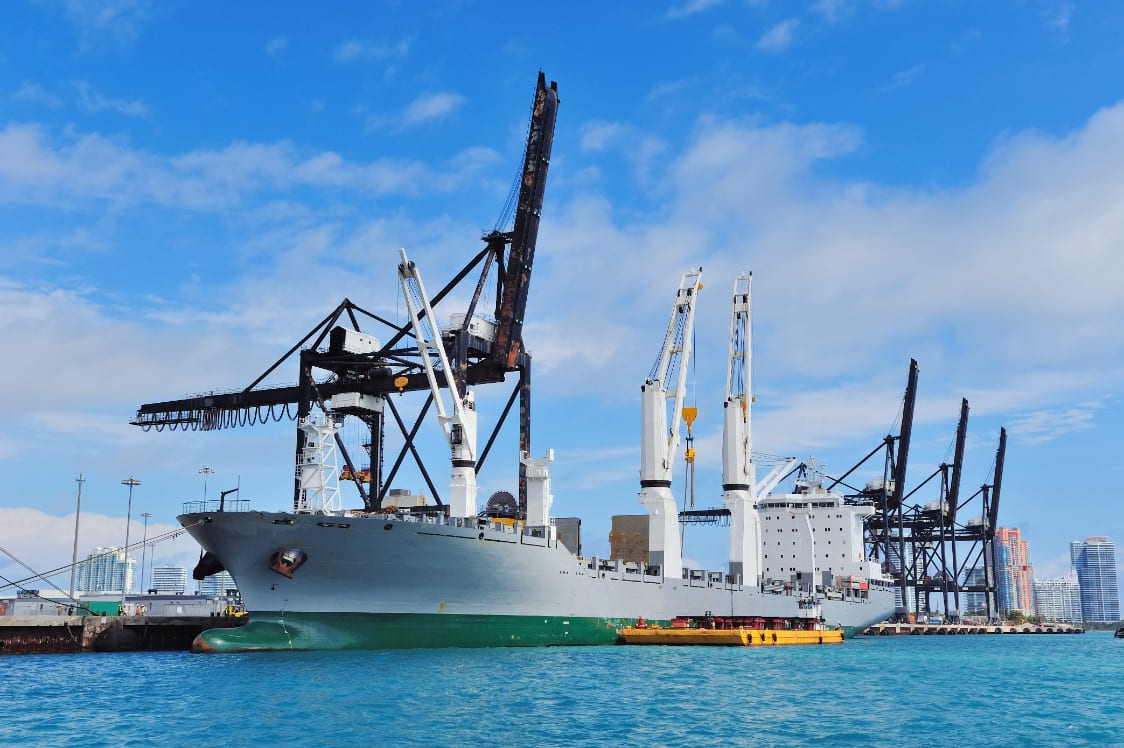ICZM: A Holistic Approach to Managing Coastal Resources

Posted on Nov 29, 2024 at 09:11 AM
Integrated Coastal Zone Management (ICZM) is more than just a buzzword; it’s a vital framework designed to address the myriad challenges facing our coastlines today. With climate change, urbanization, and pollution threatening these critical areas, ICZM acts like a roadmap, guiding us toward sustainable practices that can harmonize ecological health with social and economic needs.
Let’s get to know what ICZM is and how it’s good for coastal management
What is the Integrated Coastal Management Program?
At the heart of ICZM lies a mission: to sustainably manage coastal zones, promote the development of marine life while addressing the needs of local populations. So, what exactly is the Integrated Coastal Management Program?
Simply put, it's a framework that combines environmental, economic, and social objectives within coastal areas. This programme is developed to change the perspective of countries when thinking of continuous coastal management, looking beyond just environmental concerns and considering economic growth, preserving the ecosystem, and human needs.
The key principles of ICZM guidelines encompass:
- Sustainability: Focusing on preserving coastal ecosystems for future generations, the main objective of ICZM is to protect natural life in a geographical region and work to maintain this conservation through the years.
- Integration: Examining all dynamic facets of coastal management to find synergies rather than conflicts.
- Participation: Ensuring local communities have a voice in national policies and governance, allowing for more tailored and effective solutions.
What are the Steps in Integrated Coastal Zone Management?
Implementing ICZM involves a structured approach broken down into several crucial steps:
Comprehensive Assessment of Coastal Environments
The process begins with an extensive evaluation of existing conditions. Data collection on ecosystems, socio-economic contexts, and land use provides a foundation for informed decision-making.
Engaging Stakeholders Effectively
The next part of the plan is coordinating between diverse perspectives, effective stakeholder engagement is essential. This means actively involving local coast communities, ministerial and government bodies, NGOs, and the private sector in developing the strategy to ensure that every policy is designed to effectively address issues and support each participatory section.
Decision-Making and Planning Processes
Based on iterative assessments and stakeholder input alongside maritime professional training, it’s time to create an actionable multidisciplinary project. These projects should outline specific activities, timelines, and responsible parties for all plans, while remaining adaptable to new information and feedback.
The Impact of ICZM on Coastal Communities
The influence of ICZM extends far beyond environmental preservation; it plays a crucial role in bolstering community resilience and promoting low risk livelihoods. When authorities implement a holistic approach to managing coastal resources and assist local communities to adapt and thrive in the face of changing conditions, this promotes a healthy well rounded life across all aspects.
Strengthening Community Resilience
By fostering local participation and adaptive strategies, ICZM helps communities build resilience against climate-related impacts, such as sea-level rise and extreme weather events. Communities that engage in ICZM often enhance their capacity to recover from disasters by leveraging local knowledge and resources.
Promoting Sustainable Livelihoods
ICZM also paves the way for sustainable economic opportunities. By supporting responsible practices in industries like tourism, fisheries, and agriculture, ICZM defines pathways for local economies to prosper without compromising the health of coastal environments. Balancing is vital for ensuring that both ecosystems and communities can thrive together.

Innovative Strategies for ICZM Implementation
To maximize the effectiveness of ICZM, innovative strategies are essential. Here are a couple of key approaches that make a difference:
Utilizing Technology and Data for Better Management
Harnessing technology can revolutionize how we manage our coastlines. Tools such as Geographic Information Systems (GIS), remote sensing, and data analytics enable coastal managers to monitor environments effectively, predict changes, and make informed decisions about the blue economy. By utilizing real-time data, decision-makers can respond more quickly to emerging challenges, enhancing overall management effectiveness.
Building Partnerships and Networks
Collaboration is at the heart of successful ICZM. Forming partnerships among various stakeholders—governments, NGOs, research institutions, and local communities—creates a supportive network for sharing knowledge, resources, and best practices. By forging these connections, stakeholders can pool their strengths, leading to innovative solutions that benefit both people and the environment.
Conclusion
In summary, Integrated Coastal Zone Management (ICZM) is crucial for fostering a sustainable future for our coastlines. By bridging ecological protection with community needs, ICZM offers a path toward thriving coastal environments. As we move forward, it’s essential to focus on collaborative efforts and innovative practices that empower coastal communities while preserving our invaluable natural resources. Together, we can build a resilient and sustainable future for our shores, ensuring that they continue to flourish for generations to come.





